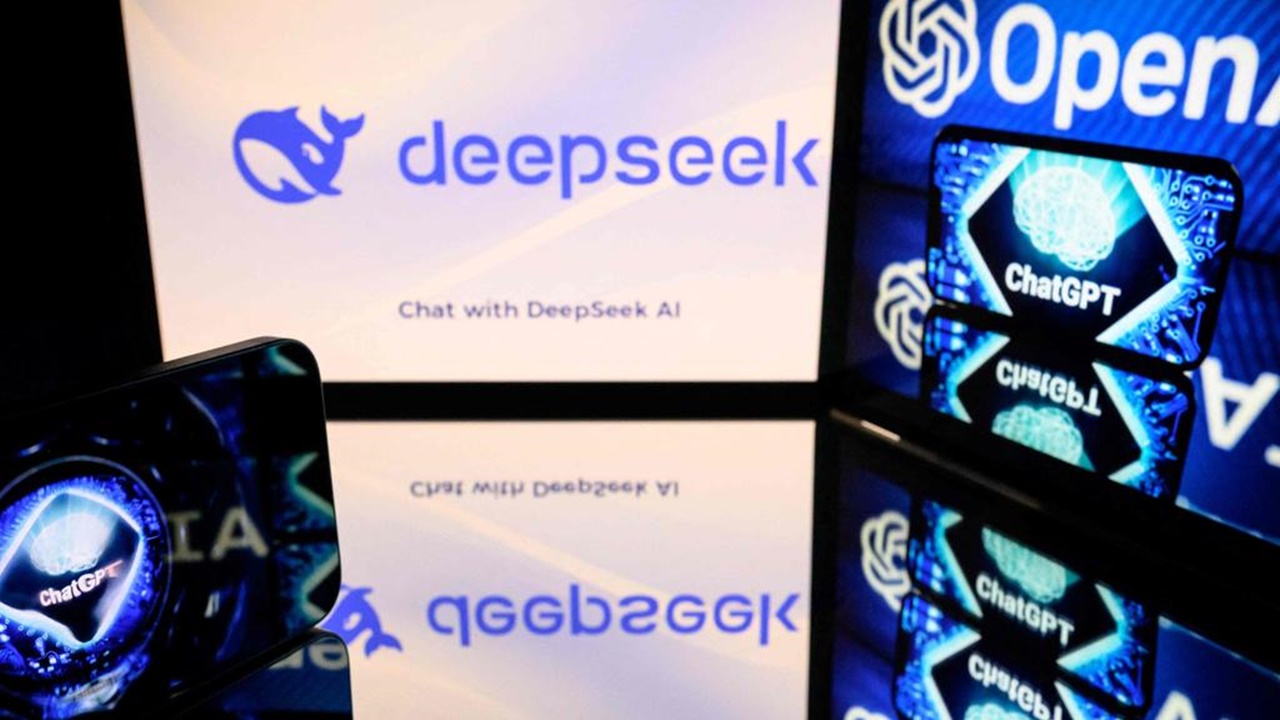A significant shift is taking place in the AI world. As ChatGPT’s leadership declines, China-based DeepSeek is expanding rapidly in the global market. However, DeepSeek is also facing potential bans due to national security concerns.
Chinese AI DeepSeek is on the rise against ChatGPT
According to internet market research data, ChatGPT’s daily visitors in the U.S. dropped from 22.1 million in October to 14.9 million in January. Although DeepSeek is not yet as popular as ChatGPT, it has seen a remarkable surge. In October, it recorded only 2,300 visits, but by January 19, it had reached 71,200 visits.
Globally, DeepSeek’s traffic has exceeded 7.12 million. Its rise to the top of download charts in 140 countries signals a major shift in user preferences.
However, this success has also sparked debates and raised concerns about national security risks. Unlike ChatGPT, which is subject to U.S. regulations, DeepSeek operates under Chinese laws. This means that it may potentially share user data with the Chinese government.
The concerns are not limited to individual users. Both the tech industry and policymakers worry that DeepSeek’s open-source approach could provide China with deep insights. Reports suggest the app could be used for mass surveillance and cross-device tracking of users.
DeepSeek’s rapid rise has also intensified cybersecurity concerns. Major companies have identified security vulnerabilities in the application. Additionally, DeepSeek confirmed last week that it had suffered a large-scale cyberattack.













